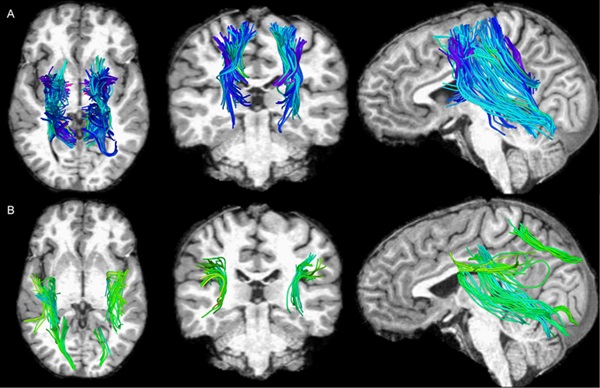AI Model Diagnoses Traumatic Brain Injury from MRI Scans With 99% Accuracy
Posted on 12 Jul 2024
A concussion is a type of traumatic brain injury that may lead to temporary disruptions in brain function. Occurring from incidents such as sports injuries, whiplash, or a simple bump to the head, many individuals with a mild concussion may not recognize that such a minor injury could potentially lead to serious, long-term health issues if left untreated. Typically, concussion diagnosis in clinical settings relies on basic cognitive assessments like the Glasgow Coma Scale, which evaluates a patient's consciousness level, responsiveness, and memory retention. Despite these measures, it’s estimated that 50% to 90% of concussion cases are not formally diagnosed when patients visit the emergency room, increasing the risk of critical complications like brain bleeds and cognitive impairments. Now, scientists have developed a sophisticated machine learning model that can more accurately predict the concussion status in patients.
The model was built in a research collaboration between the USC Viterbi School of Engineering (Los Angeles, CA, USA) and the USC Leonard Davis School of Gerontology (Los Angeles, CA, USA) by harnessing MRI brain scan data from both healthy individuals and patients with concussions. The imaging that the classifier is based on is known as diffusion-weighted imaging, which measures how fluid travels through the brain on different connection paths.

The classifier was built using Bayesian machine learning, a probabilistic system that assigns classifications based on the features least likely to be incorrect or misclassified according to knowledge of prior conditions. The research team found that their classifier model was exceptionally accurate, demonstrating a 99% accuracy rate in identifying concussions in both the training and testing phases. This classifier holds promise as the foundation for a diagnostic tool that could be integrated into clinical practice. These findings and the development of this tool have been documented in a recent publication in the Journal of Neurotrauma.
“This is a much higher accuracy than we’ve ever seen with a method like this,” said Benjamin Hacker, who led the research team. “I think it’s because nobody had previously devised our exact pipeline of using diffusion-weighted imaging, turning it into a connectivity matrix, and then leveraging machine learning in a tailored way to discover what pathways are most affected by head trauma. It is certainly novel in that we haven’t had an imaging-based classifier for concussion that has been accurate enough to rely upon until now.”
Related Links:
USC Viterbi School of Engineering
USC Leonard Davis School of Gerontology














